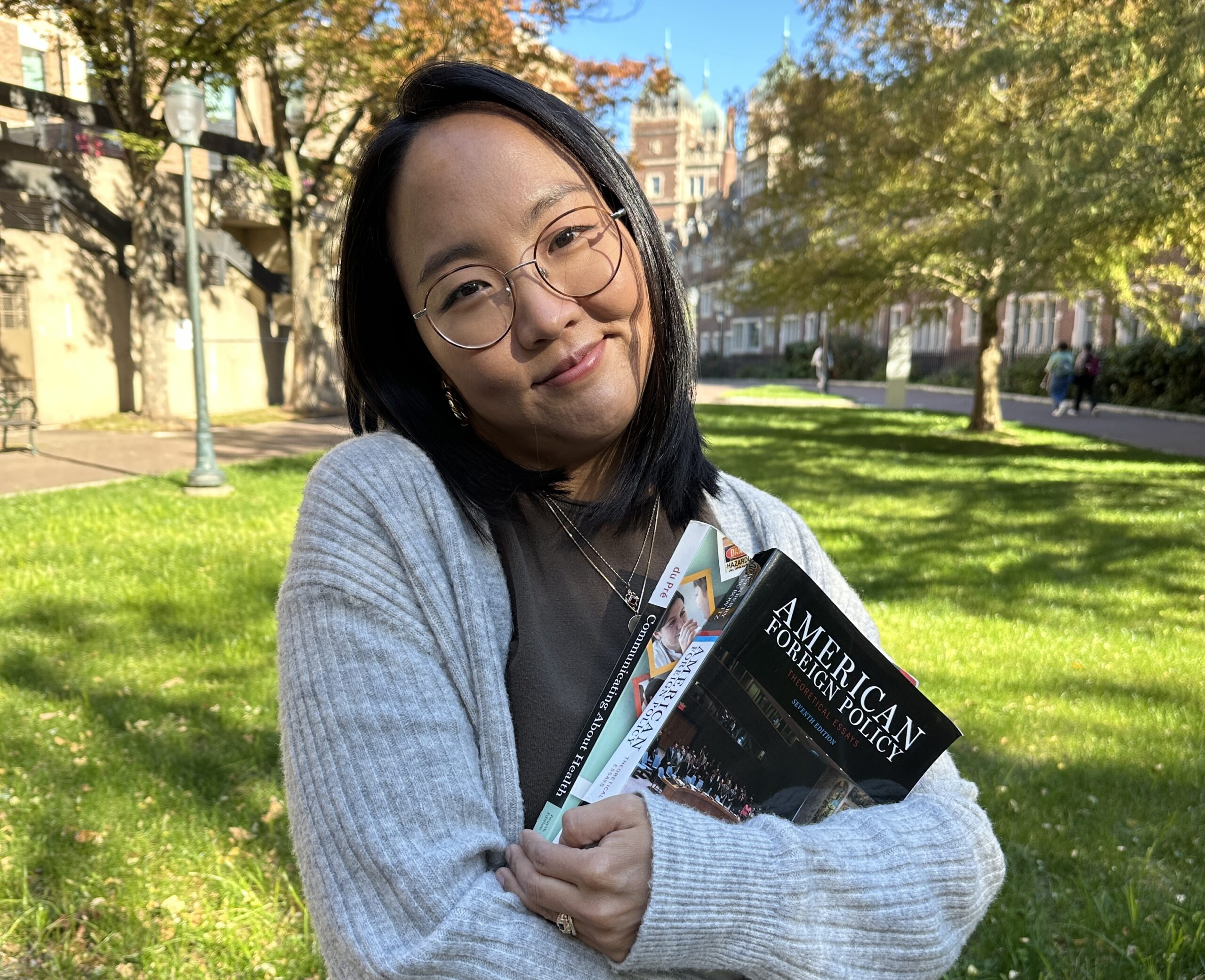One of the most frequently asked questions at the Weingarten Center by undergraduate, doctoral, and professional students alike is: “How do I manage the ungodly amounts of reading I am assigned?” Many of us have internalized the narrative about ourselves as a “slow reader” while others seem to have somehow unlocked the secrets to “speed reading,” as if human processing speeds can be adjusted like the dials of an audiobook app. And so, we trudge along, berating ourselves for our perceived deficiencies in reading speed.
We suggest reframing those narratives you hold about yourself.
Many of us have been socialized to believe that reading should happen the same way regardless of genre, whether it’s the latest young adult romance novel or an academic research paper: start from the first word on the first page and continue in a linear fashion until you’ve soldiered through to the last word on the last page. This is not only time consuming and inefficient, but also a very passive way of reading.
The problem is not your natural reading speed but how you’ve been socialized to read.
A revelation about reading at the collegiate or graduate level: you are not expected to read every word of every assigned reading (really). However, we do recommend re-reading that sentence again, word-for-word, until it really sinks in. Some of the skills you are expected to build in college and graduate school is to read selectively and to develop the skills to quickly, and efficiently distill a large amount of content into useful takeaways for further application or analysis. In other words: how you approach academic readings should be different from how you approach reading for pleasure.
Below are some tips to help you reframe how you approach your academic reading to both maximize efficiency and learning:
-
- Preview the reading: Start by taking a look at the headings, titles, sections or chapters, relative lengths of parts, and prioritize your reading accordingly. You don’t have to read the sections in order, and you might choose to skip entire areas altogether.
-
- Read with a purpose: Before you start reading, identify the piece of information you are expected to glean from the reading, whether that be a new concept, theory, perspective, or answer to a particular question, etc. You should be able to get a general sense of this by perusing your syllabus. Then read as if you are on a quest searching for that specific piece of information.
-
- Synthesize the reading: After you’ve completed the reading, make quick notes to distill the main takeaways in your own words. You will especially want to think about how that particular reading is in conversation with others you’ve been assigned in that class.
-
- Pro tip: These notes should be useful in helping you decide whether you want to use that reading as a potential reference in a future essay assignment, so be mindful of that as you take notes.
-
- Synthesize the reading: After you’ve completed the reading, make quick notes to distill the main takeaways in your own words. You will especially want to think about how that particular reading is in conversation with others you’ve been assigned in that class.
Some of you may bristle at the idea of not reading every assigned reading to completion; it can be hard to fight that deep socialization and many years of habit. But we challenge you to let go of this notion that there is virtue in word-for-word reading. We recommend that you try out this selective active reading strategy with your elective classes or other classes that are lower in your priority list. You will quickly find that there is only a marginal benefit to word-for-word reading, and that your overall improved wellness and time is worth the effort of selective, active reading.
Of course, there is nothing stopping you from reading more deeply and closely, especially for topics you find particularly fascinating. We encourage you to follow your intellectual curiosities as they arise. After all, that is one of the greatest delights of life as a student: discovering entirely new intellectual passions. But you might find that you do not have the time to pursue these new curiosities if you’re too busy trying to read every word of every reading in every class.
Written by Ayoung Lee, Learning Specialist and Fellow, Weingarten Center

